Creating a Comfortable Workspace: 9 Tips from a Professional
Working from home has become the norm rather than an exception. We are constantly in a state of urgency and increasingly often have to work from home: responding to emails from clients, compiling statistics for the previous month. To keep productivity high and growing, it's worth thinking about properly organizing your workspace.
Tip 1. Choose a Private Space
Your workspace should be located in a secluded corner of the house - somewhere where you can fully concentrate and immerse yourself in work. Ideally, of course, it's a separate room. But if, by fate, you cannot set up a dedicated office in your home, consider where you have more opportunities to be alone. For example, if you have a large family that likes to gather in the living room, this might not be the best place for work.
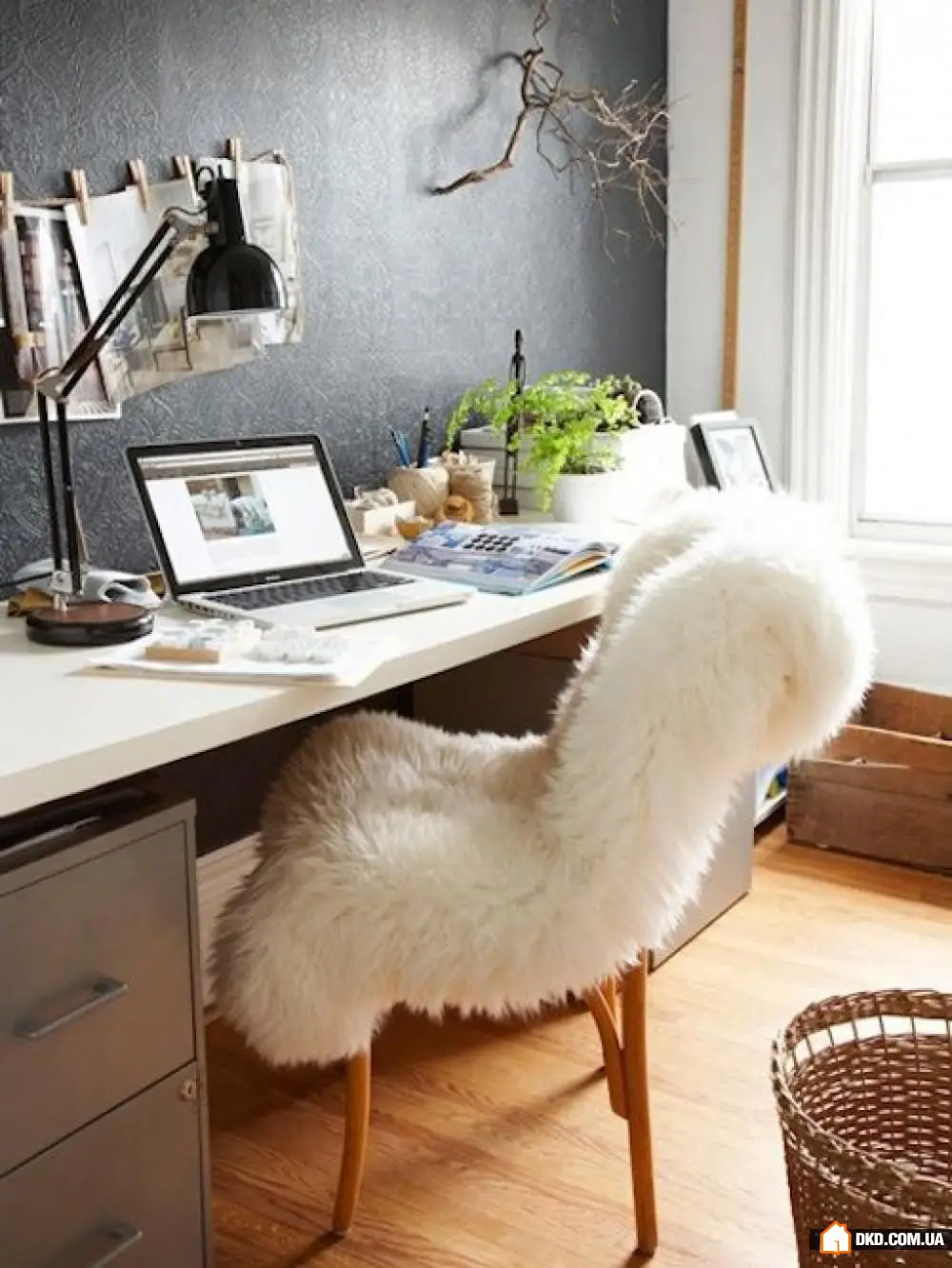
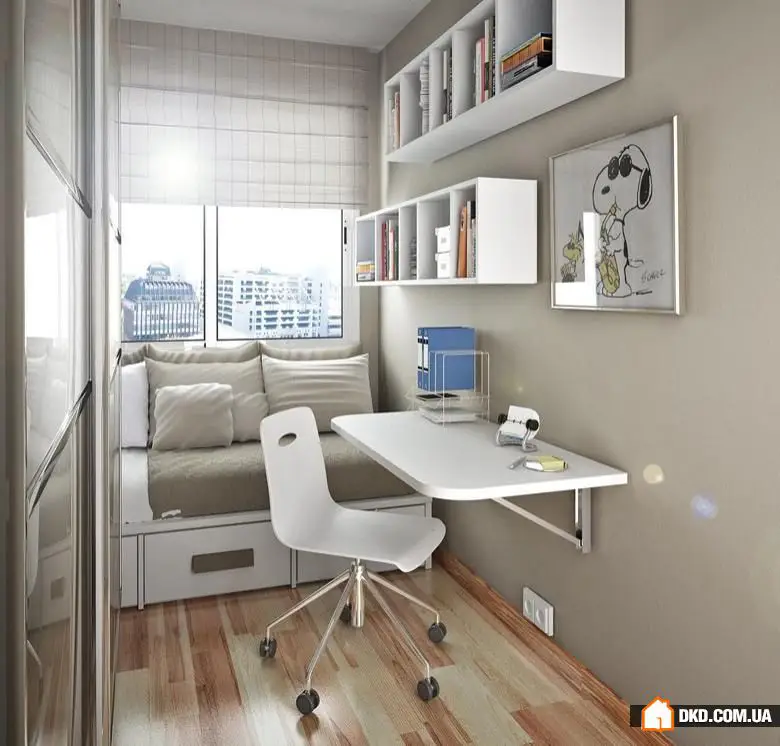
Tip 2. Focus on Natural Lighting
When choosing the location of your workspace, I recommend paying special attention to lighting. It's best if it is natural. Therefore, if you have the opportunity to place it by a window, you should definitely take advantage of this. In addition to natural lighting, windows also provide a sense of perspective, which is especially important if you spend long hours at the computer or working with papers.
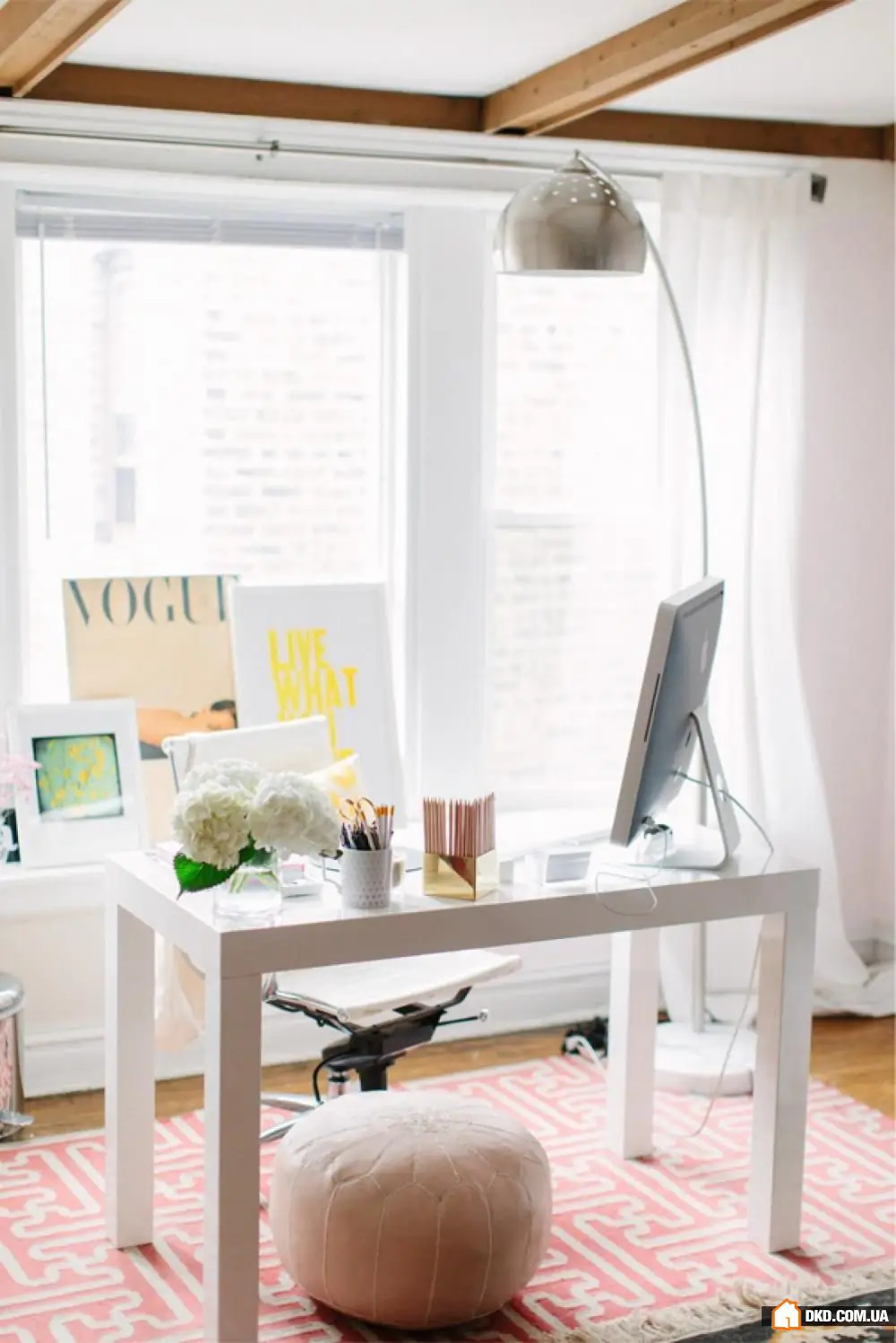
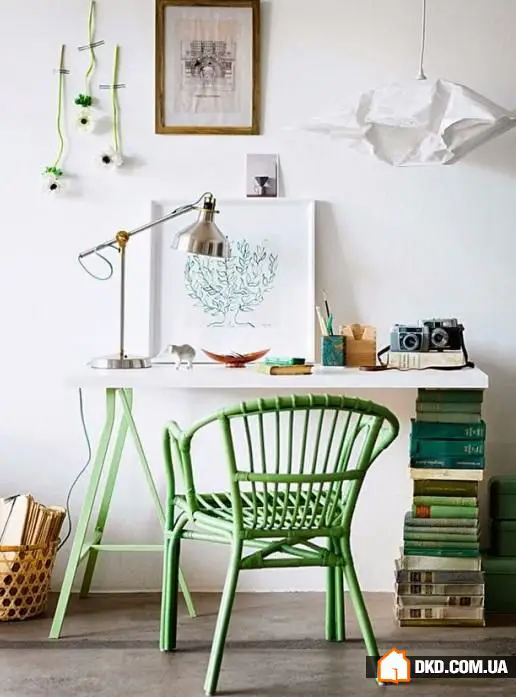
Tip 3. Consider the Size of Your Apartment
A great option for setting up a workspace in a studio apartment is a folding table and adjustable chair. Necessary documents and accessories can be arranged on hanging shelves above the table. If you decorate the reverse side of the folding table with an interesting print or mirror, it can also serve as a room decoration.
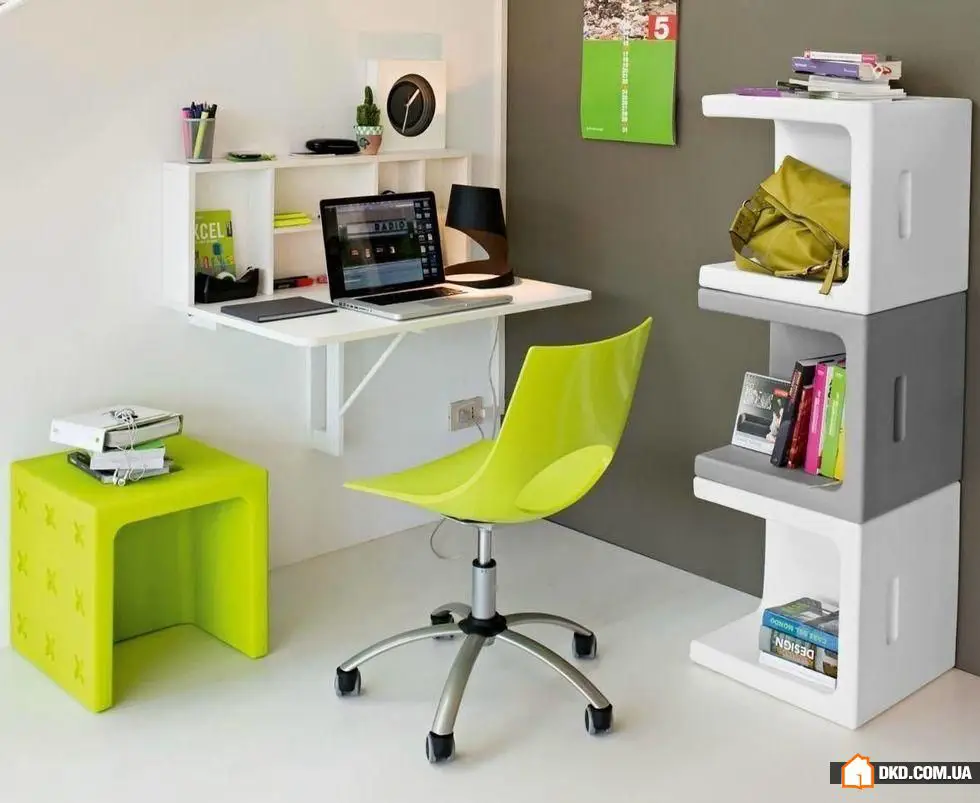
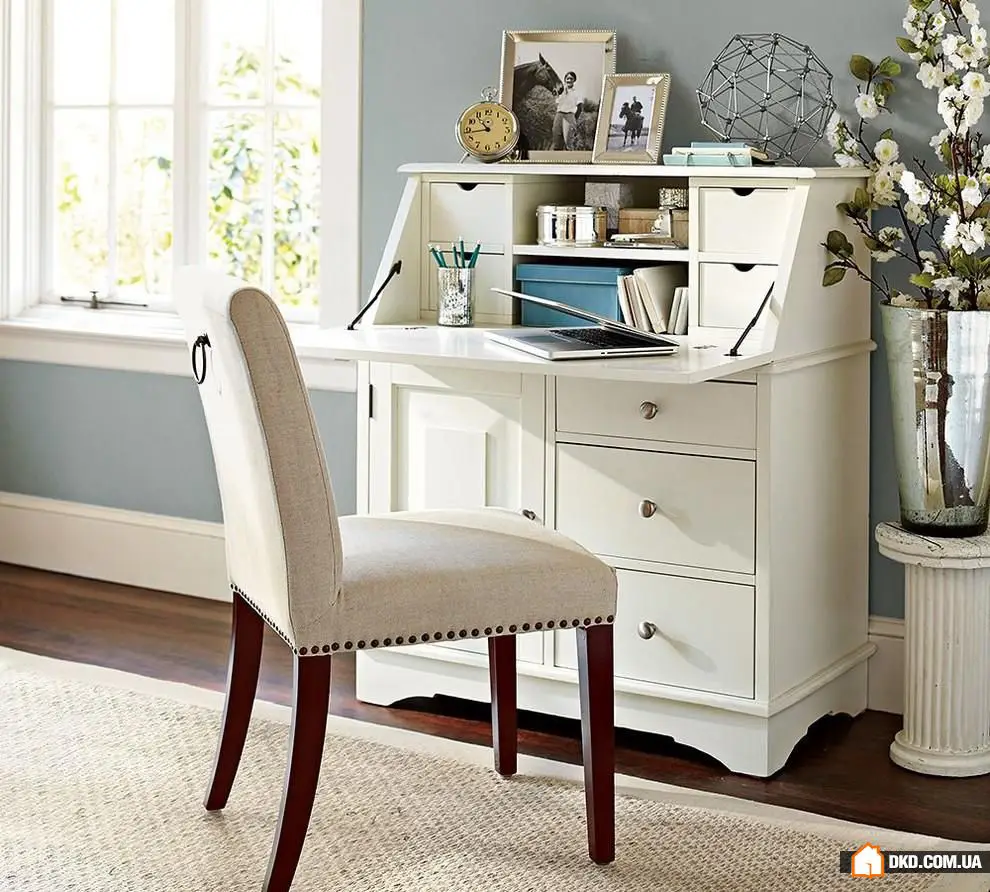
Tip 4. Use Zoning
The simplest way to separate the workspace from the living area is with a screen. A screen is not only functional but also mobile, and if chosen correctly, can become an interesting decorative accent in your interior.
A worthy alternative to a screen is a sheer curtain, which can be semi-transparent and add airiness to the space. A more fundamental tool for dividing space might be furniture - shelves and wardrobes. A workspace desk can also easily fit on a small podium, into which storage systems or even an entire library can be built.
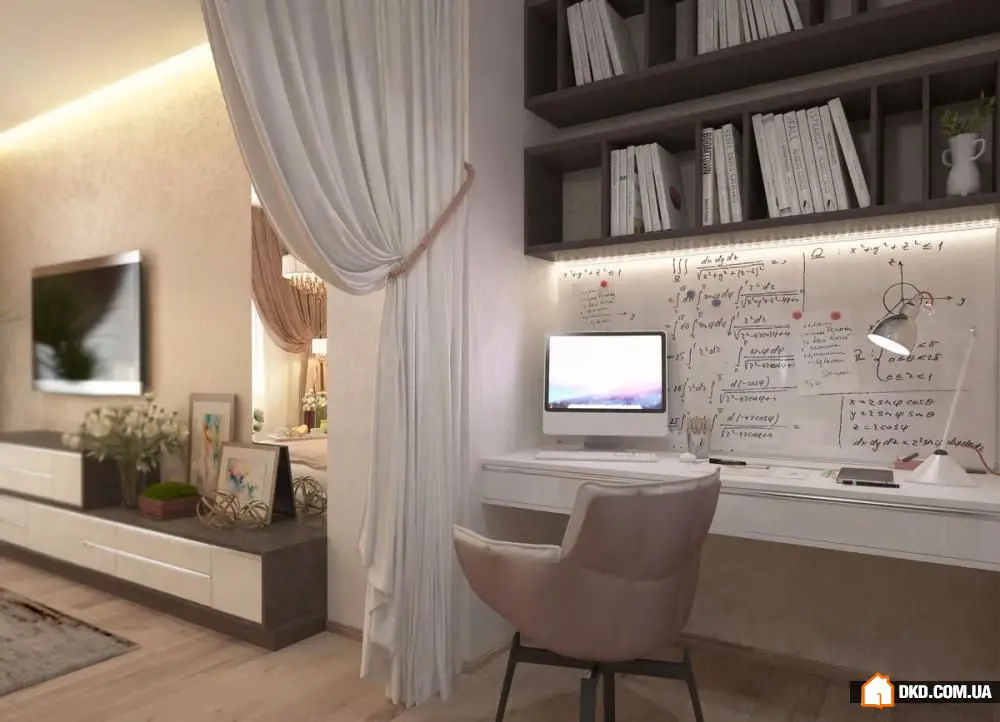
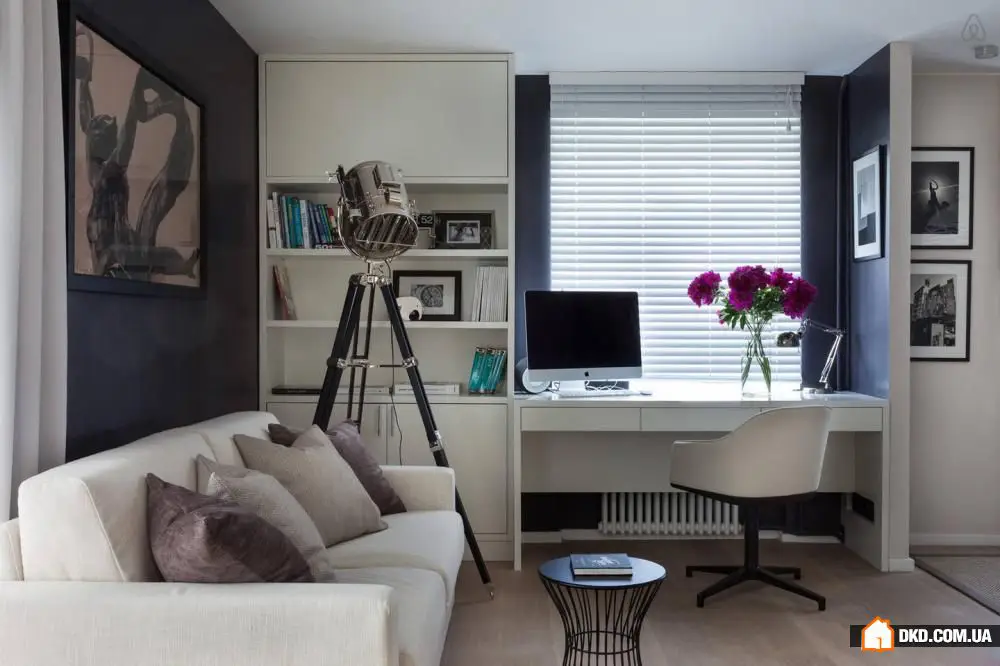
Tip 5. Buy Only Comfortable Furniture
When choosing furniture, in addition to aesthetic aspects, pay attention to functional elements and ergonomic principles. For example, it's important that the worktable surface is not too small - optimal dimensions are a depth of no more than 80 cm and a width of no more than 200 cm.
As for the chair or sofa, it's important that the seat and backrest are moderately firm. Besides being harmful to your posture, overly soft sofas will make it harder for you to focus on work.
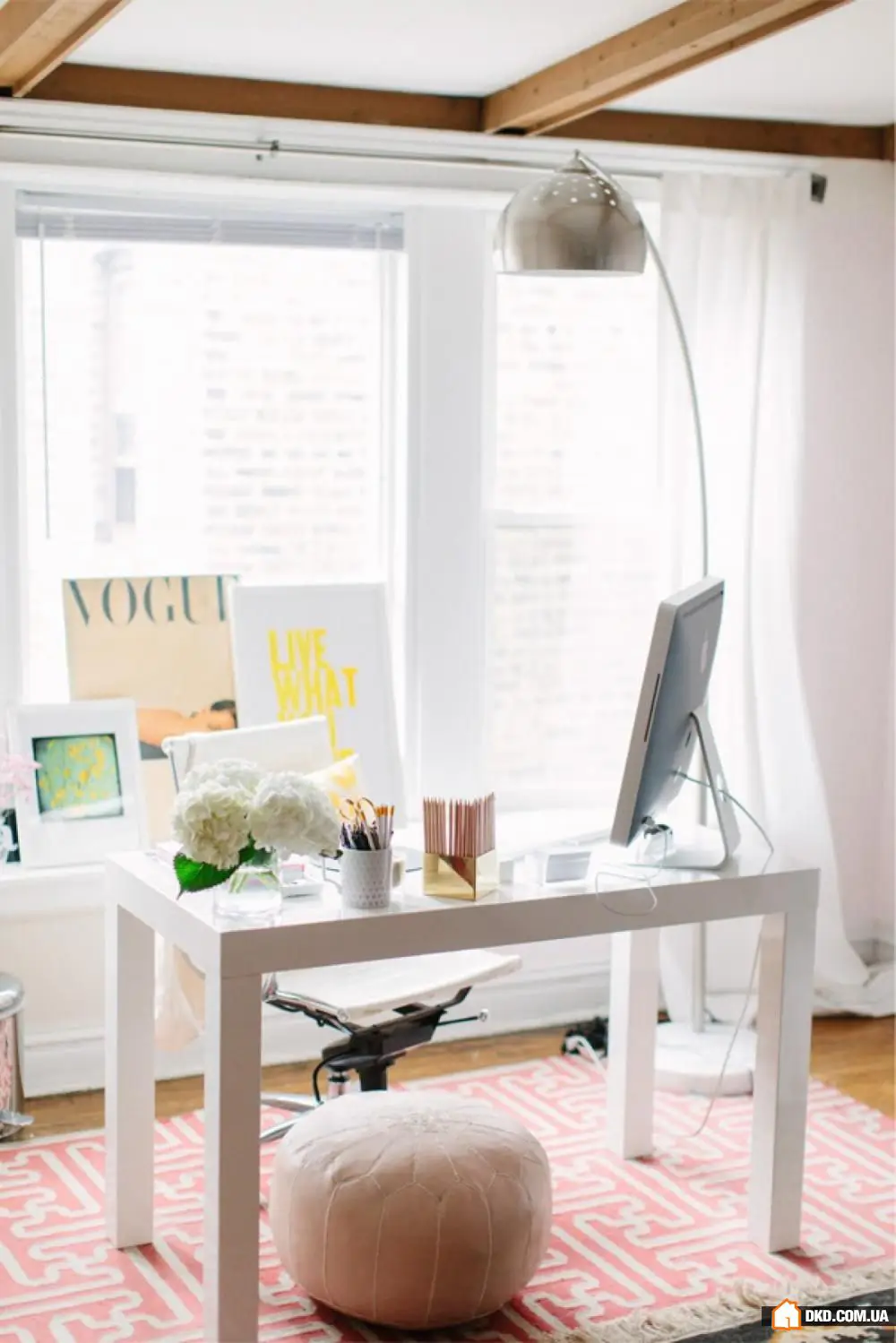
Tip 6. Organize Storage Systems
For productive work, everything you need should be within reach - when setting up your workspace, don't forget about various storage systems. You can buy them in stores or make them yourself. My favorite storage ideas for the workspace are: mini modules - an idea from large furniture that looks more elegant than separate boxes and is very functional; hanging shelves and files - they save space and keep everything within reach; clear jars for storing small items.
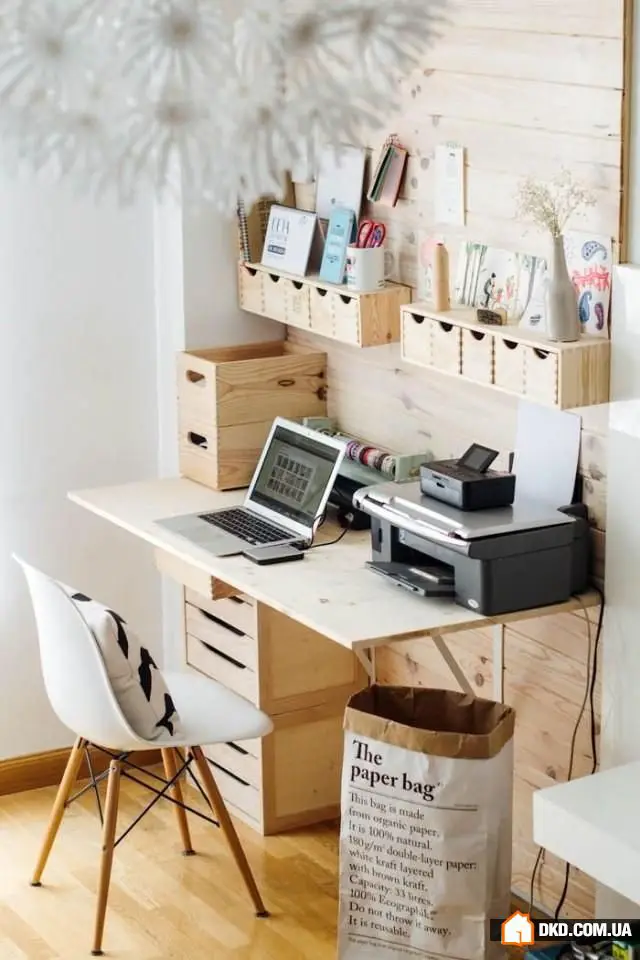
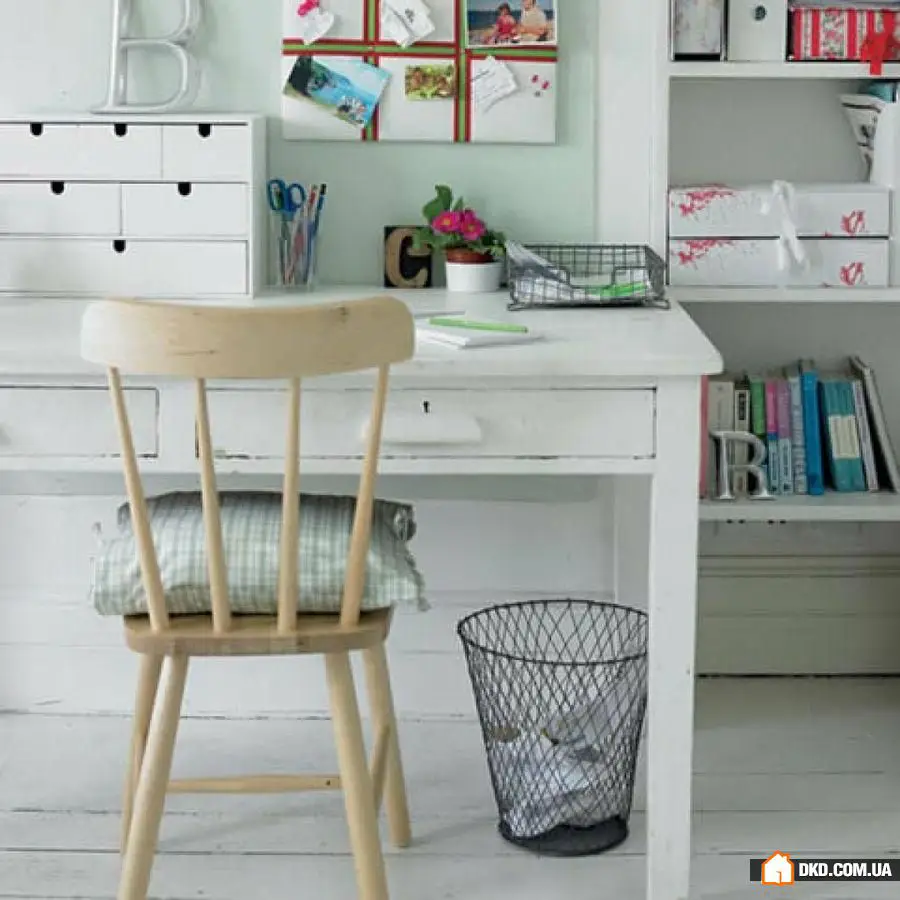
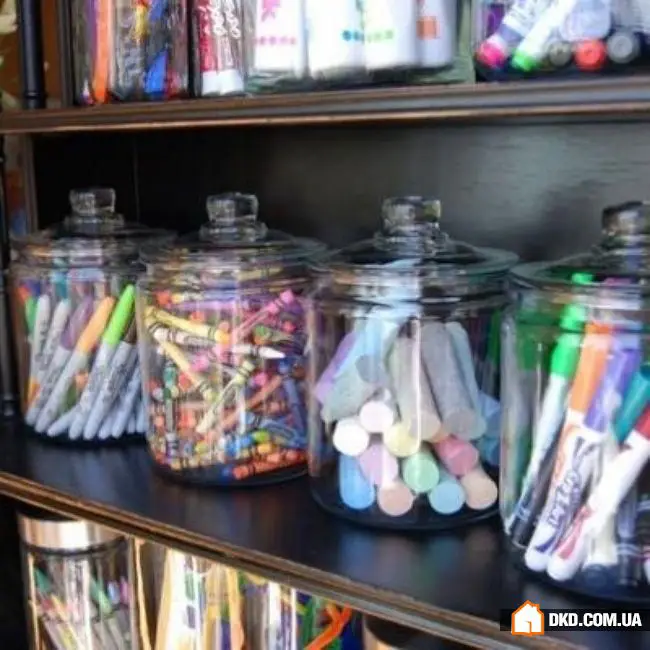
Tip 7. Don't Overdo the Colors
Choosing a color palette for your workspace is an important question, and the answer depends primarily on the type of tasks you need to complete. To avoid overwhelming the space, I suggest taking one color as a base and using blue and green tones as accents to maintain attention and high concentration, while red, yellow, or orange can stimulate imagination and boost energy.
My choice is a combination of pale pink with gold and copper accents and gray as the base color: a very gentle and feminine palette that does not interfere with concentration and remains very relevant this year.
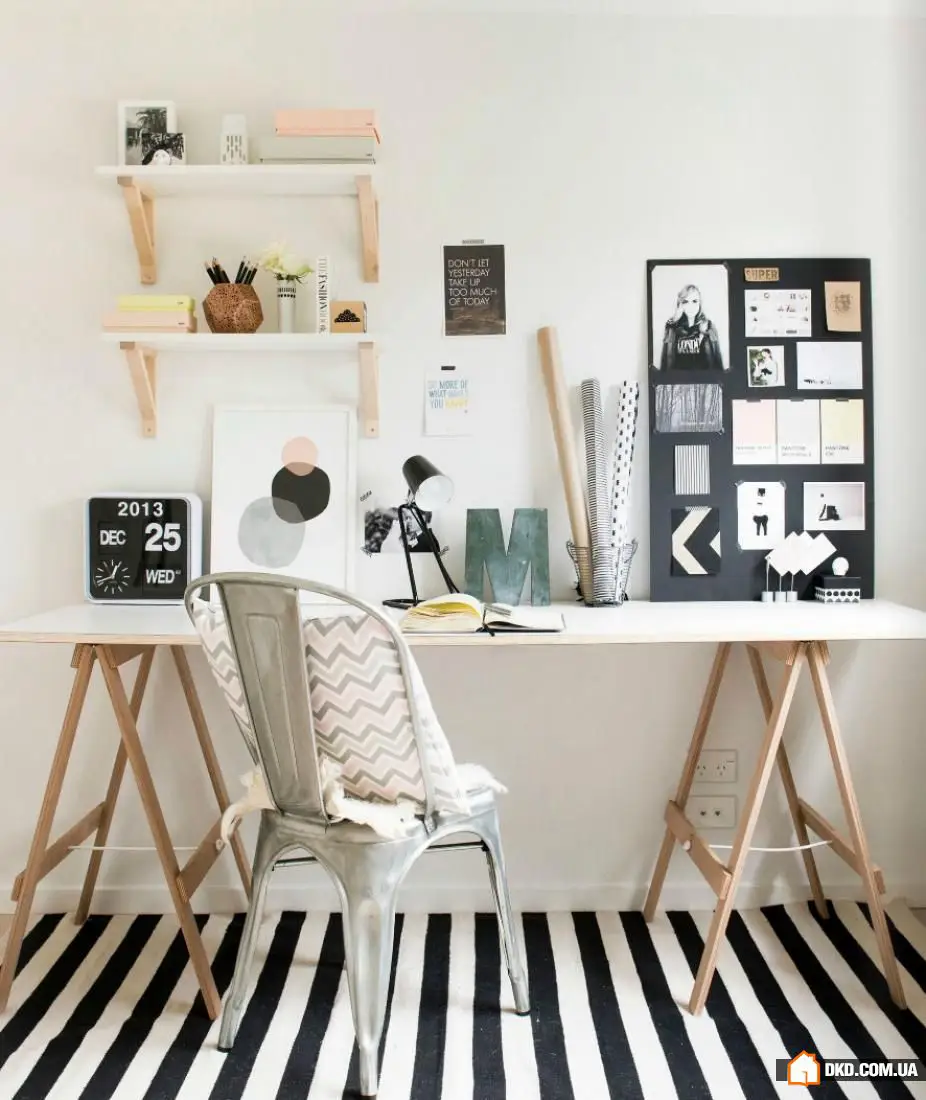
Tip 8. Add Plants
Your workspace desk can be left with minimal decorative elements - to maintain concentration and attention - or decorated with inspiring decor that won't let your flow of ideas run dry. However, adding plants to your workspace is always a good idea. I like flower arrangements of succulents in geometric florariums.
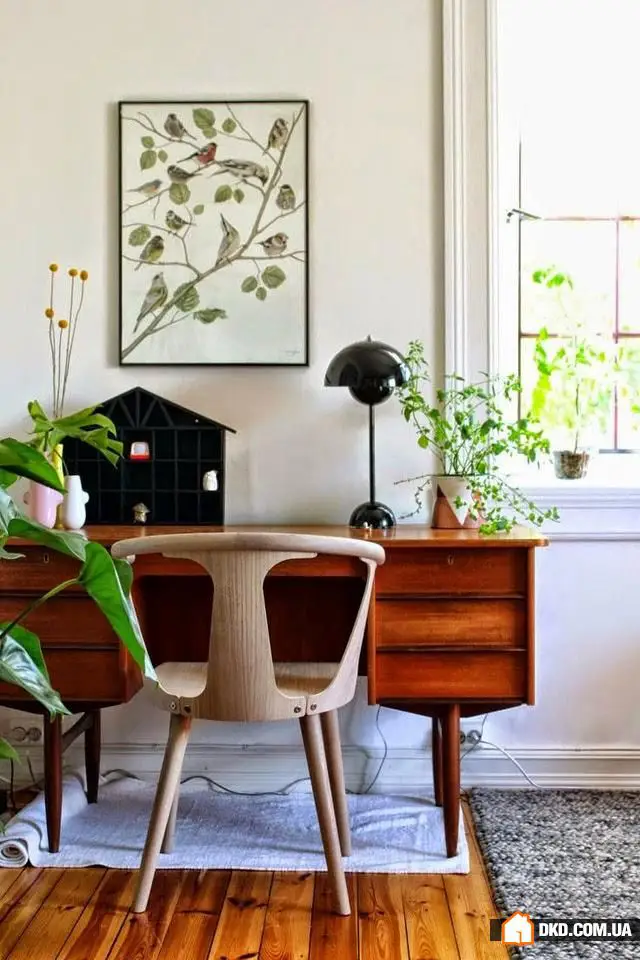
Tip 9. Decorate the Walls
If your workspace desk is facing a wall, it's always better to hang one or more pictures, posters, or photos above the desk rather than look at a blank wall. The latter does not stimulate imagination at all. Over my workspace desk, I would hang a composition of black-and-white photographs, fun and motivational posters, and current wall decor.
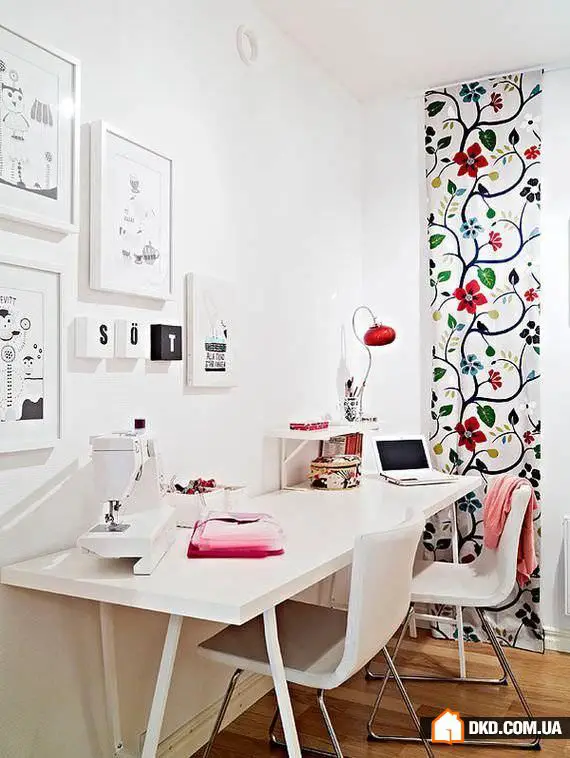
More articles:
 How to Properly Clean Walls: Tips for Maintaining Different Surfaces
How to Properly Clean Walls: Tips for Maintaining Different Surfaces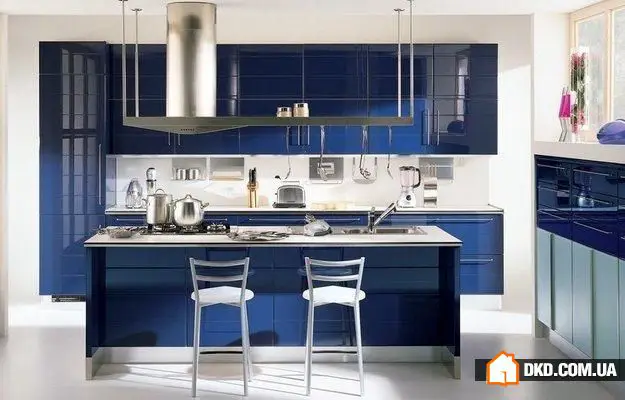 Kitchen Cabinet Doors: 8 Modern Options
Kitchen Cabinet Doors: 8 Modern Options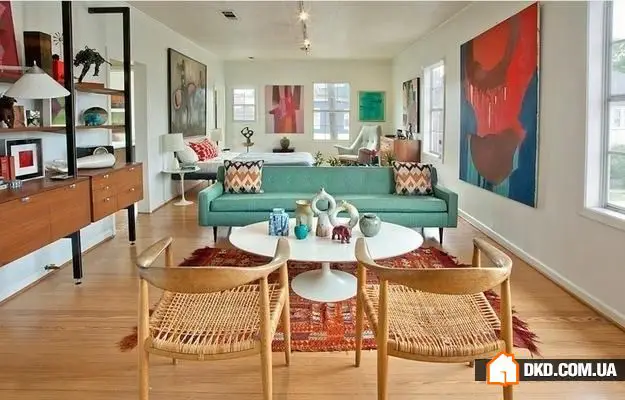 10 Secrets of Decorating Small Apartments You Didn't Know
10 Secrets of Decorating Small Apartments You Didn't Know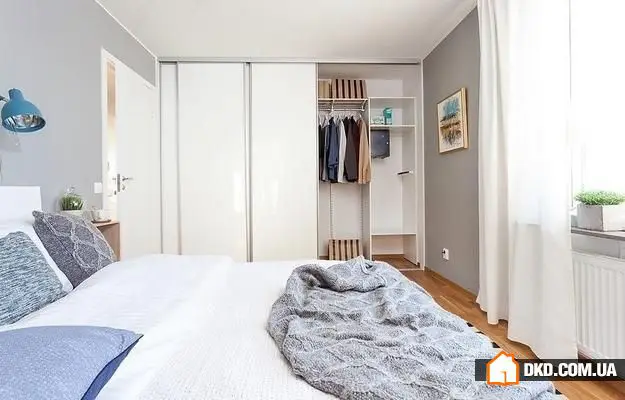 How to Be Happier at Home: 8 Simple Ideas
How to Be Happier at Home: 8 Simple Ideas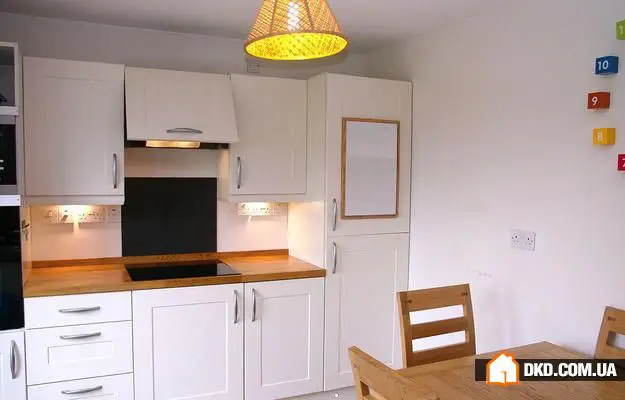 How to Properly Place Outlets and Switches on the Kitchen
How to Properly Place Outlets and Switches on the Kitchen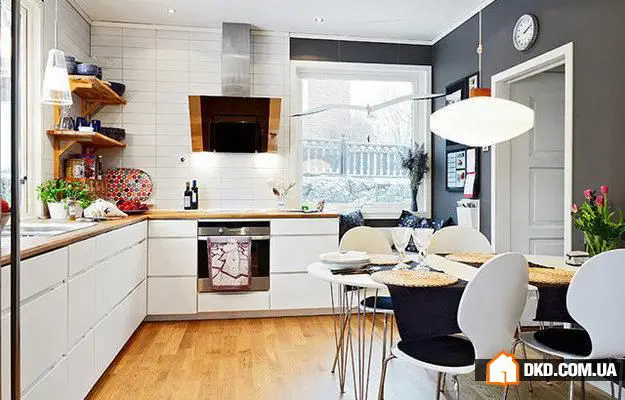 How to Cheaply Update an Old House: 11 Good Ideas
How to Cheaply Update an Old House: 11 Good Ideas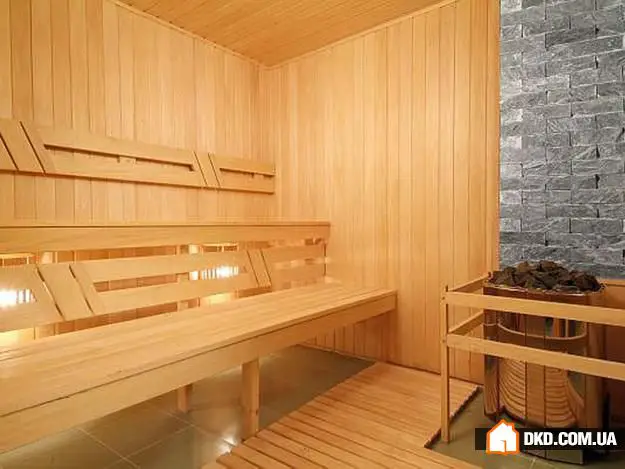 How to Properly Insulate a Sauna: 5 Tips from Professionals
How to Properly Insulate a Sauna: 5 Tips from Professionals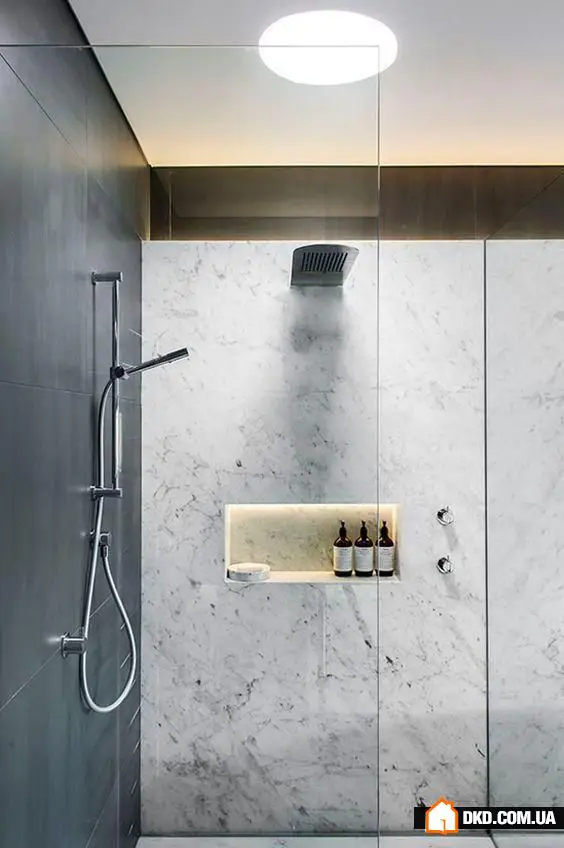 Underwater Rocks in Bathroom Renovation: Expert Advice
Underwater Rocks in Bathroom Renovation: Expert Advice